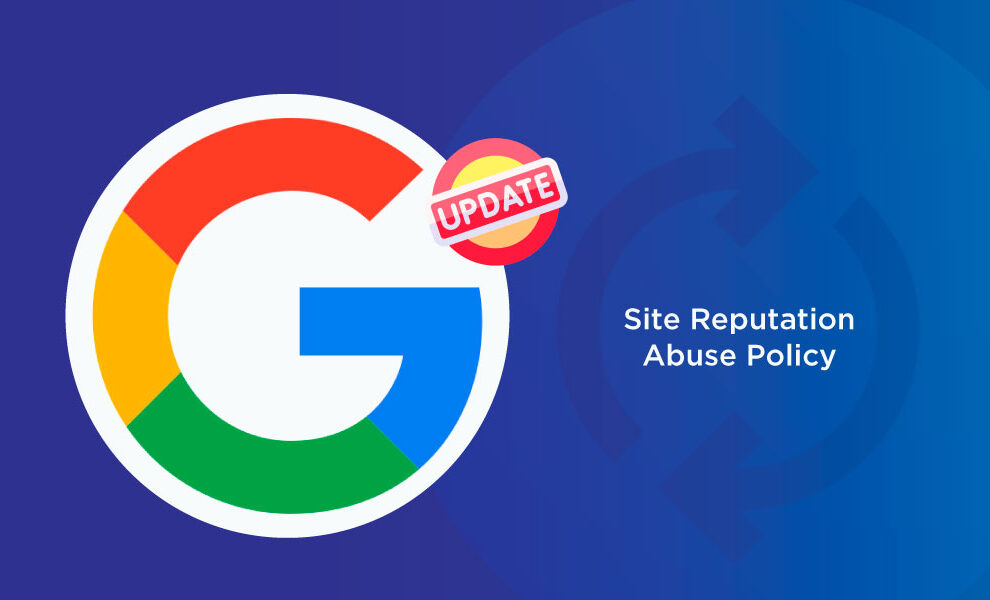At Hitechnectar, we prioritize informing our readers about updates impacting the digital landscape. Google has recently rolled out a significant update to its Site Reputation Abuse Policy, which targets practices that manipulate search rankings by exploiting the reputations of established websites.
This update is crucial for website owners, content managers, and digital marketers who want to ensure their practices align with Google’s search quality standards. Let’s break down what’s new and how you can adapt.
What Is Google Site Reputation Abuse Policy?
Site reputation abuse occurs when third-party content is published on a reputable host site to manipulate search rankings. This tactic leverages the host site’s strong ranking signals to unfairly boost the visibility of third-party content that might not rank well.

For example, suppose a reputable site allows external contributors to post content under the assumption that it benefits both parties. In that case, the third party may exploit this arrangement to achieve higher rankings, compromising search quality and user experience. Google’s updated policy firmly opposes such practices to ensure fair website rankings.
What’s New in the Policy?
Google has clarified and strengthened its Site Reputation Abuse Policy to address manipulative behaviors more effectively:
- No Exceptions for First-Party Involvement:
Even if the site owner collaborates on or oversees the third-party content—such as through licensing agreements, white-label services, or co-ownership—it is still classified as third-party content. Any attempts to exploit the host site’s ranking signals will be flagged as a violation. - Manual Actions for Violations:
Google will issue spam manual actions for policy violations. Notifications will be sent through the Search Console, allowing site owners to submit reconsideration requests after resolving the issue. - Independent Evaluation of Subsections:
Google will now independently evaluate different site sections. For instance, if a subsection significantly differs in purpose or quality from the leading site, it will not benefit from its ranking signals.
Impact on Website Owners
These changes highlight the importance of ethical content practices. Here’s what website owners should consider:
- Focus on Transparency and Quality:
Ensure all content—whether first-party or third-party—adds genuine value to users and is not solely created to manipulate rankings. - Rethink Licensing and Partnerships:
Hosting third-party content for SEO benefits could result in penalties. Ensure that partnerships are based on providing value rather than gaming the system. - Prepare for Traffic Changes:
Subsections of your site may now rank independently. This isn’t a penalty; it’s a fairer way to assess relevance.
What’s Not Changing In Google Site Reputation Abuse Policy?
Not all third-party content violates Google’s policies. For instance:
- Guest posts that provide genuine value
- Syndicated content with proper attribution
- Collaborative content designed to benefit users
Your site will remain in good standing if these practices align with Google’s quality standards.
Why This Matters
With these updates, Google aims to prioritize user experience by promoting high-quality, relevant content. The search engine is fostering a fairer and more transparent web by addressing site reputation abuse.
At Hitechnectar, we encourage businesses to focus on creating content that serves users first and foremost. Ethical practices will always lead to better results in the long run.
Learn More
Explore Google’s Spam Policies and Site Reputation Abuse Policy for additional details.
If you have questions or need help navigating these updates, contact us at Hitechnectar. We’ll assist you in building a strategy that prioritizes high-quality, user-focused content.
Stay ahead with Hitechnectar—your partner in navigating the digital ecosystem.
Published by the Hitechnectar Content Team.


